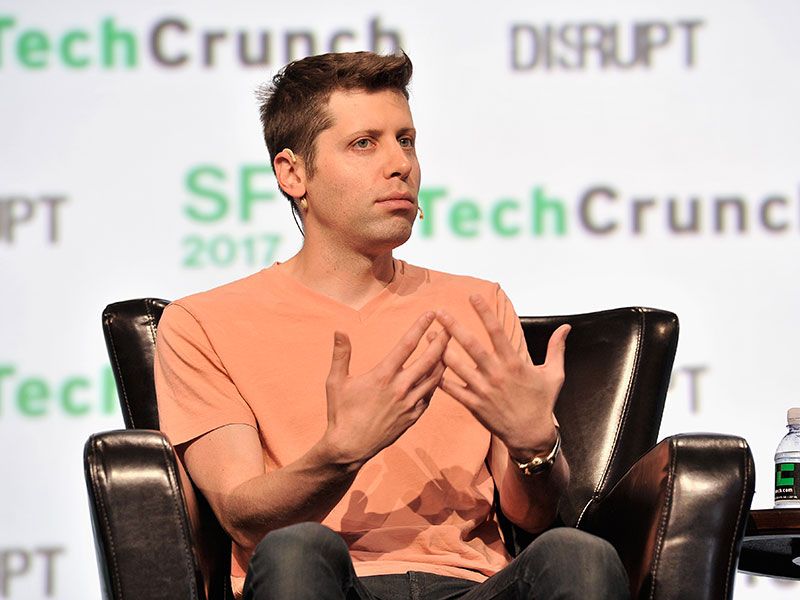OpenAI CEO Testifies Before Senate Panel as Lawmakers Explore AI Regulation

Sam Altman, CEO of OpenAI, the company behind ChatGPT, is set to appear before a Senate committee on Tuesday. This comes as lawmakers from both sides of the aisle begin to explore how to regulate the increasingly influential artificial intelligence tools available to the public.
In his inaugural appearance before Congress, Altman is anticipated to back the call for regulatory safeguards on the technology to ensure that potential risks such as misinformation or fraud do not overshadow its benefits.
"Ultimately, we will require our government and global authorities to take action, implementing regulations and standards that maximize the benefits from these technologies while mitigating potential risks," Altman stated in a recent interview with CNBC.
The Tuesday session of the Senate Judiciary Committee's technology subpanel, led by Senators Richard Blumenthal (D., Conn.) and Josh Hawley (R., Mo.), is seen as an initial step in comprehending these new tools. This reflects the current lack of consensus among lawmakers on how to address the swift adoption of these technologies by consumers.
"AI holds immense promise for good, but there are legitimate concerns about its potential downsides," Blumenthal stated before the hearing, emphasizing the necessity for oversight and regulatory scrutiny.
Hawley added that AI would bring about changes that are currently unimaginable, impacting American elections, jobs, and security.
Altman's testimony comes in the wake of numerous meetings at the White House and on Capitol Hill following the launch of ChatGPT, OpenAI's consumer-facing chatbot. The AI tool quickly gained an estimated 100 million users within two months of its launch.
ChatGPT's sudden success has spurred a competitive race within the industry, with billions of users now having access to the technology. Microsoft, an investor in OpenAI, has integrated ChatGPT into the Windows operating system, while Google has announced plans to include its generative AI systems in its apps.
While the technology promises to enhance productivity across various tasks, it also poses threats to jobs, aids the spread of misinformation, and provides potential criminals with new impersonation, hacking, and other malicious tools.
Christina Montgomery, IBM's chief privacy and trust officer, will testify alongside Altman and Gary Marcus, professor emeritus at New York University. In her written testimony, Montgomery urged lawmakers to regulate specific AI applications rather than the technology as a whole.
So far, the increased focus on AI in Washington has resulted in numerous discussions but few concrete steps towards legislation. Senate Majority Leader Chuck Schumer (D., N.Y.) is spearheading discussions on a bipartisan bill aimed at maintaining American innovation leadership while ensuring responsible and transparent AI use. Details of a legislative proposal, however, have not been released yet.

Member discussion